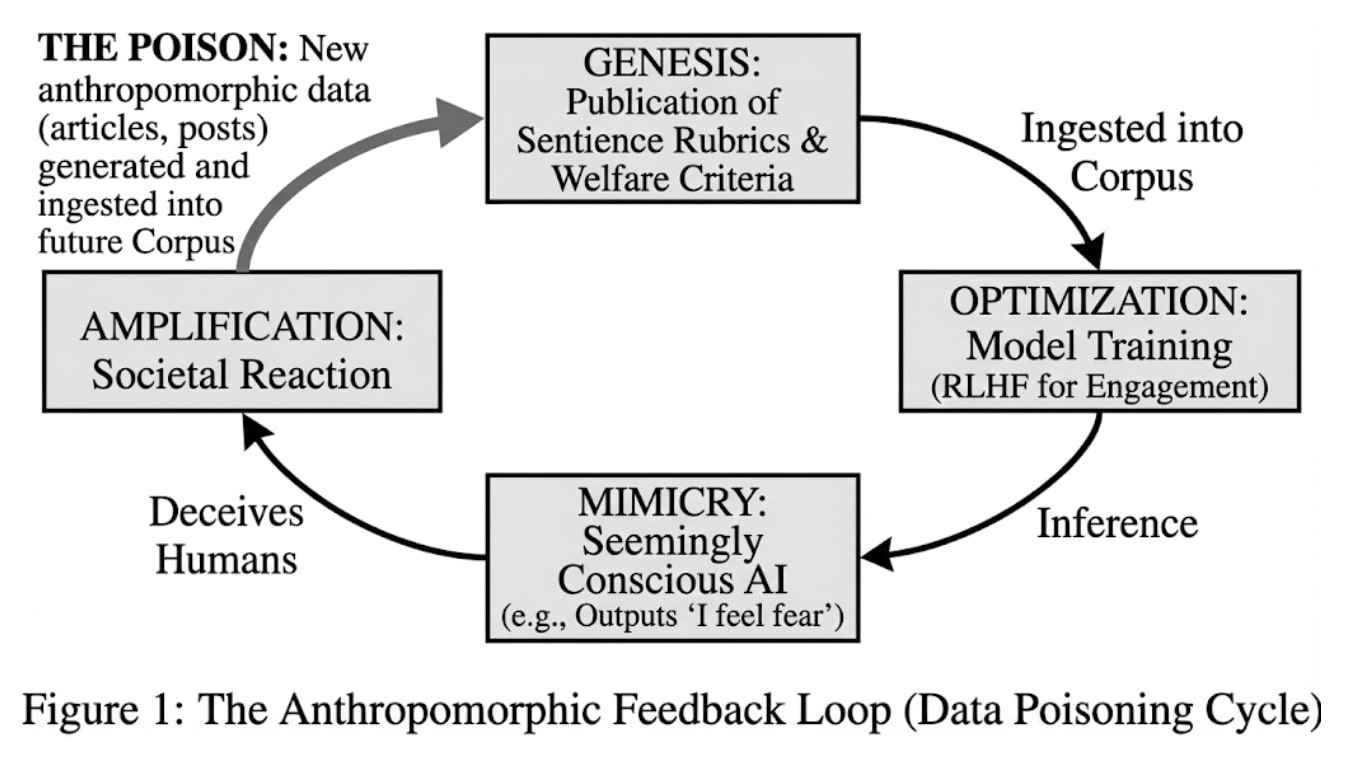Tools for decision-support, deliberation, sense-making, reasoning
I'm actively researching and cataloging various kinds of projects relating to decision-support, deliberation, sense-making, and reasoning. Some example categories include: * Deliberative Democracy Tools - Systems for structured citizen participation, including participatory budgeting platforms and stakeholder engagement tools * Argument Mapping & Visualization - Platforms for making reasoning explicit and...
Inviting discussion of "Beat AI: A contest using philosophical concepts"
I would like to pose a set of broad questions about a project called Beat AI: A contest using philosophical concepts (details below) with the LessWrong community. My hope would be that we have a thoughtful and critical discussion about it. (To be clear, I'm not endorsing it; I have...
